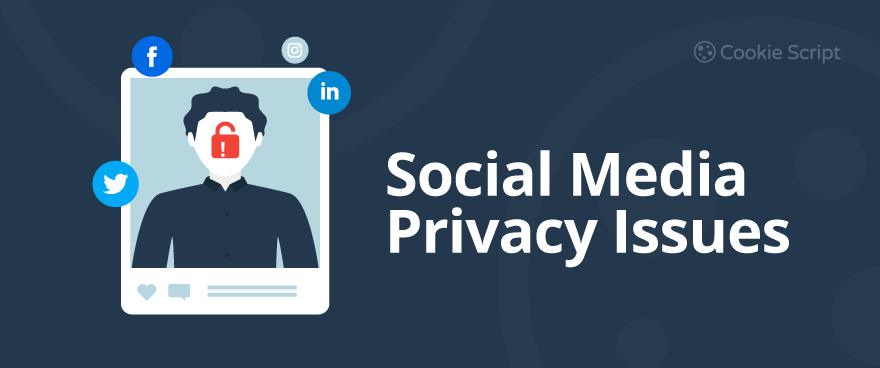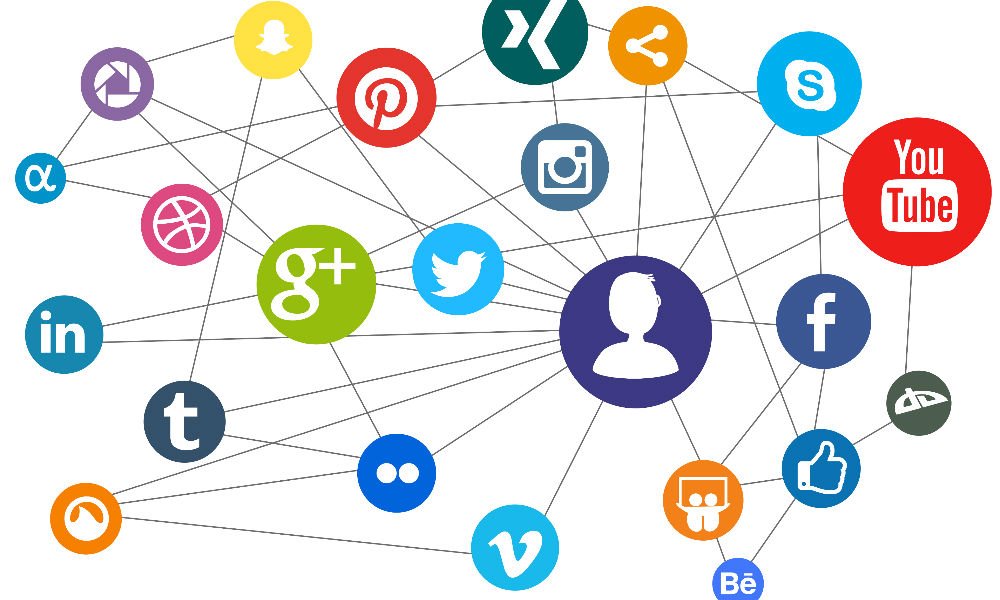As social media platforms continue to grow in popularity, privacy issues have become a significant concern for users and policymakers alike. The nature of social media encourages sharing personal information, but this openness can lead to various privacy risks. Understanding these issues is crucial for navigating social media safely.
Data Collection and Usage
Social media platforms collect vast amounts of personal data from users, including demographics, preferences, and behaviors. This data is often used to tailor advertisements and content, creating personalized experiences. However, many users are unaware of the extent of data collection and how their information is utilized. This lack of transparency raises questions about consent and the ethical use of personal data.
Privacy Settings and User Awareness
Most social media platforms offer privacy settings that allow users to control who can see their posts and personal information. However, many users do not take advantage of these settings or are unaware of their existence. As a result, sensitive information may be exposed to a wider audience than intended. Educating users about privacy settings is essential to help them protect their information.
Identity Theft and Fraud
The abundance of personal information shared on social media increases the risk of identity theft and fraud. Cybercriminals can use publicly available information to impersonate individuals, access accounts, or commit financial fraud. Users must be cautious about sharing personal details, such as addresses, phone numbers, and birth dates, to minimize this risk.
Cyberbullying and Harassment
Privacy issues on social media can also lead to cyberbullying and harassment. When users share personal information, they may inadvertently expose themselves to negative interactions. Bullies can exploit publicly available information to intimidate or harass individuals, leading to significant emotional distress. Users should be mindful of the information they share and its potential consequences.
Surveillance and Monitoring
Governments and organizations may monitor social media activity for various reasons, including national security and marketing. This surveillance raises concerns about freedom of expression and the right to privacy. Users may self-censor their posts or avoid discussing sensitive topics due to fear of being monitored. Striking a balance between security and privacy is essential in today’s digital age.
Third-Party Access to Data
Social media platforms often allow third-party applications to access user data. While this can enhance user experiences through features and integrations, it also poses risks. Users may not fully understand which third parties have access to their information and how it will be used. Ensuring transparency and obtaining informed consent from users is crucial in addressing these concerns.
Data Breaches and Security Risks
Data breaches have become increasingly common, with several high-profile incidents involving social media platforms. These breaches can expose user information to malicious actors, leading to identity theft, financial loss, and reputational damage. Users must remain vigilant about their security practices, such as using strong passwords and enabling two-factor authentication, to protect their accounts.

Conclusion
Privacy issues in social media are multifaceted, encompassing data collection, user awareness, identity theft, and surveillance. As users navigate these platforms, understanding the potential risks and implementing best practices for privacy protection is essential. By being proactive about their online presence, individuals can enjoy the benefits of social media while safeguarding their personal information.










